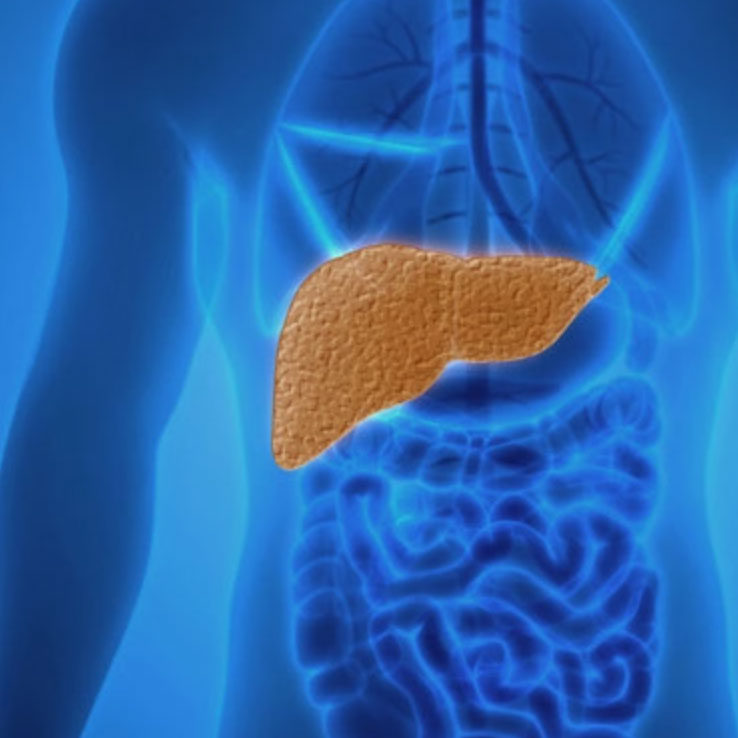
27million

An estimated 1.5% to 6.5% of the global population is believed to have an ongoing inflammatory response to these excess fat deposits, which is referred to as metabolic dysfunction-associated steatohepatitis (MASH). In the United States alone, the prevalence of MASH is projected to increase from approximately 16.5 million in 2015 to 27.0 million in 2030. In the absence of changes in diet and exercise, the inflammation inherent in MASH persists and may result in progressive fibrosis of the liver, which may result in cirrhosis. These fibrotic changes are associated with numerous morbidities including recurrent hospitalization for complications of cirrhosis, hepatocellular carcinoma, need for liver transplant, and death. The first drug to treat this growing patient population, a thyroid receptor beta agonist (THR-β), was recently approved.
